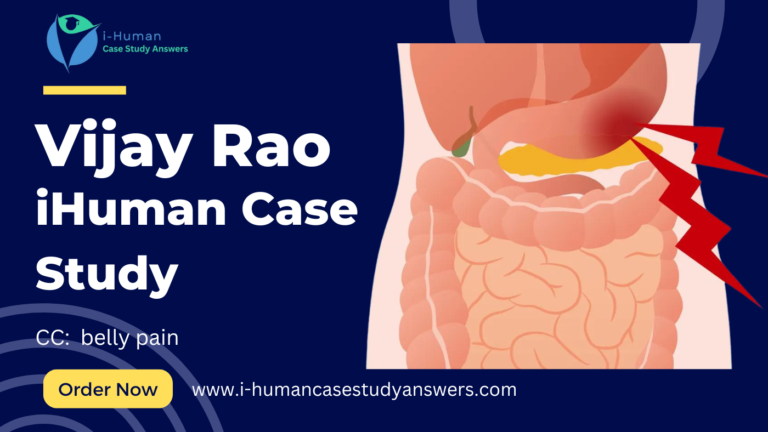Samantha Graves iHuman case Summary
Viral gastroenteritis manifests with symptoms such as watery diarrhea, abdominal cramps, nausea, vomiting, and occasionally fever. The primary mode of transmission is through the fecal-oral route, either via contact with infected individuals or ingestion of contaminated food or water.
The leading viral culprits for acute gastroenteritis include rotavirus, adenovirus, norovirus, and astrovirus.
Treatment for acute viral gastroenteritis typically involves supportive measures and is generally self-limited. Notably, there are no specific antiviral agents for this condition.
A critical aspect of management is the assessment of dehydration in pediatric cases, with prompt measures taken for treatment. Dehydration indicators include weight loss, prolonged capillary refill time, diminished skin turgor, altered respiratory patterns, lowered blood pressure, sunken fontanel, sunken eyes, and dry mucous membranes.
In cases of severe dehydration or when the child cannot tolerate oral fluids, intravenous (IV) fluid repletion is necessary. For mild dehydration, oral rehydration is the preferred initial treatment approach. Additionally, maintaining an age-appropriate diet is recommended, moving away from restrictive diets like the BRAT diet or clear liquid diet, which are deemed suboptimal.
The use of antidiarrheal and antimotility medications is discouraged in children due to potential serious side effects. Similarly, antiemetics are not routinely recommended for managing viral gastroenteritis in children. However, in instances of mild to moderate dehydration coupled with persistent vomiting hindering oral rehydration, a single dose of ondansetron can be considered.
Patient Disposition: Samantha Graves iHuman case Summary
Samantha demonstrated good tolerance for oral liquids over 24 hours, progressed to a regular diet the following day, and experienced resolution of vomiting within 24 hours and diarrhea within 48 hours.
Related Services


